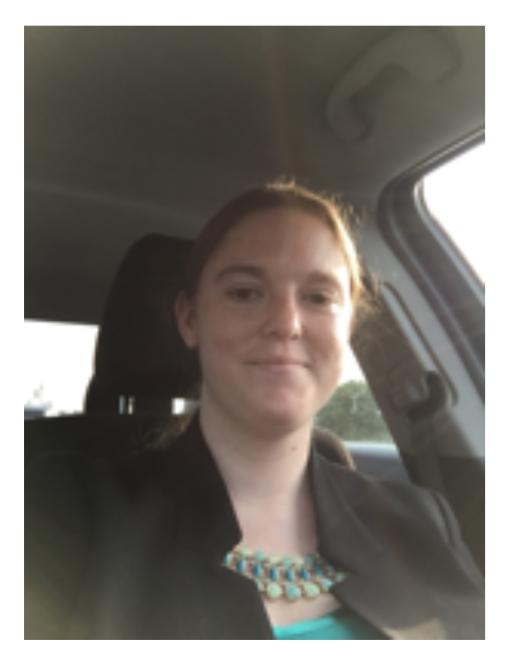
PROFESSIONAL
- Adjunct Faculty, KVCC
- Home and Community Treatment (HTC) Clinician with Kennebec Behavioral Health (KBH)
- School-based Clinician with KBH
- In-home Outpatient Clinician with children and adults with KBH
- Behavioral Health Professional at Providence Service Corporation (2011-2013)
EDUCATION
- 2009 - AA in Liberal Studies (KVCC)
- 2011 - BA in Psychology (University of Maine at Farmington)
- 2014 - Masters Degree in Clinical and Macro Social Work (University of New England)
PROFESSIONAL LICENSES
- MHRT/C
- LMSW-CC
RESEARCH INTEREST
- Veteran's re-introduction after warfare, PTSD
- The elderly, end of life care, hospice, grief
- Tiny Houses - the impact that material possessions have on the human brain
- How Tiny Houses can solve homelessness in both rural and suburban communities
PERSONAL
This is one of those amazing times that I can actually say that I’ve attained my life long goal. In the spring of 2009 I took Introduction to Psychology with Mark Kavanaugh. After just one class with him, I went to the admissions office and signed up for his Introduction to Sociology class as well. Ever since my goal has been to achieve a higher degree and go back to KVCC to teach Introduction to Psychology. At 18 years old I had no idea if this goal was even achievable let alone reasonable. But here I am 7 years later with my Masters in Social Work doing just that. :-)
TEACHING PHILOSOPHY
When teaching, I attempt to motivate my students to engage in class-wide discussion; I believe that through self-reflective critical discussion, we are able to reinforce curiosity and exploration, and thus learn in an engaged and proactive manner. I encourage my students to always be critical of what they are taught, and ask as many questions as necessary to fully engage and understand the topic being discussed. While I may not know the answer to every question posed, I support others in speaking up when they might be able to shed some insight, and certainly insist that the student further research the question of interest at a later time.